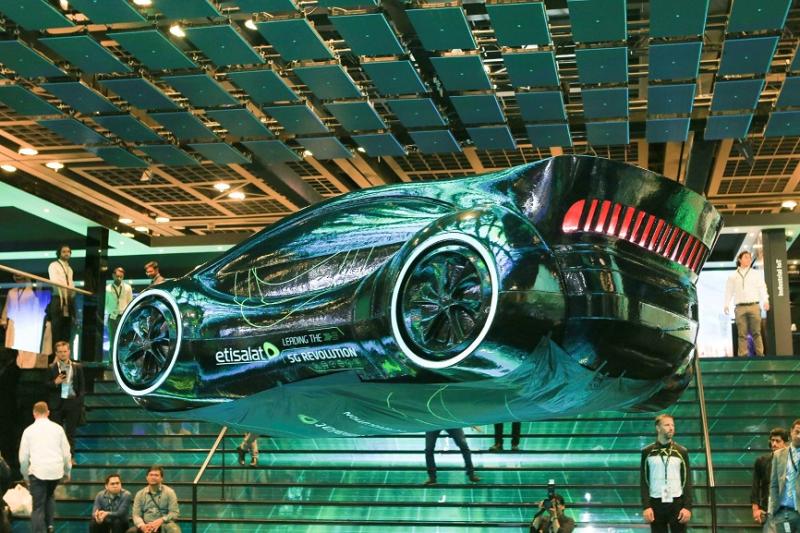×
The Standard e-Paper
Smart Minds Choose Us

A flying electric car that runs on the 5G network of UAE’s telecom operator Etisalat stunned thousands of technology innovators at the last exhibition in Dubai.
If it wins the approvals of regulators, in a few years, you will manage to hail a flying taxi to your doorstep, strap in and tell it where you want to be and it will take off to your destination.